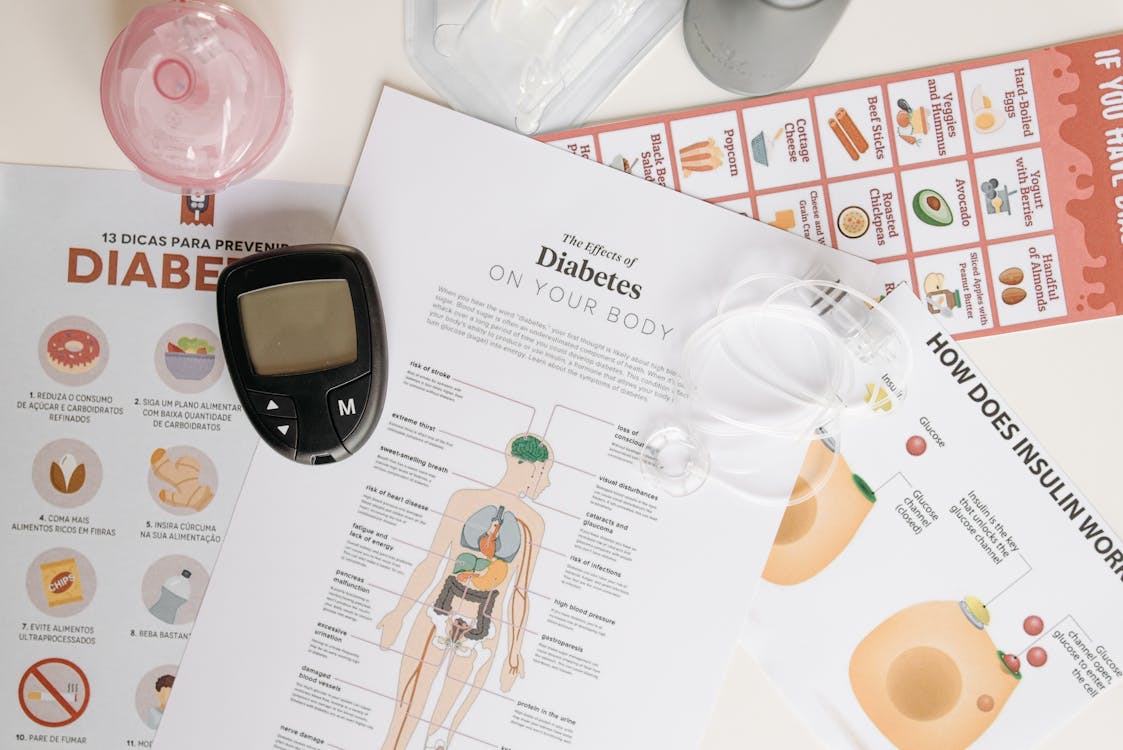Diabetes is a chronic condition affecting millions worldwide. It is characterized by high blood sugar levels resulting from the body's inability to use or produce insulin effectively. While genetics can play a role in diabetes, lifestyle choices also significantly impact the likelihood of developing the condition. Fortunately, there are steps you can take to minimize your risk of diabetes and take control of your health. Here are five essential tips for preventing diabetes.
1. Maintain a healthy weight:
The first step in preventing diabetes is to maintain a healthy weight. Being overweight or obese increases the risk of developing this condition significantly. Excess weight can make your cells more resistant to insulin, leading to higher blood sugar levels. By adopting a healthy diet and engaging in regular physical activity, you can manage your weight effectively and reduce your risk of diabetes.
2. Follow a balanced diet:
A balanced and nutritious diet plays a crucial role in diabetes prevention. Focus on consuming plenty of fruits, vegetables, whole grains, and lean proteins while limiting your intake of refined sugars and unhealthy fats. Incorporating a variety of foods rich in vitamins, minerals, and fiber can help regulate your blood sugar levels and promote overall well-being. Consult a registered dietitian to design a personalized meal plan that suits your needs and preferences.
3. Engage in regular physical activity:
Regular exercise not only aids in weight management but also improves insulin sensitivity and reduces the risk of diabetes. Aim for at least 30 minutes of moderate-intensity exercise, such as brisk walking, swimming, or cycling, most days of the week. Find an activity you enjoy and make it a regular part of your routine. Additionally, incorporate strength training exercises to build muscle mass and further enhance your metabolic health.
4. Monitor your blood sugar levels:
Monitoring your blood sugar levels is crucial for diabetes prevention. Regularly checking your glucose levels can help identify any early signs of diabetes or indicate if you are at risk. If you have a family history of the condition or exhibit symptoms such as increased thirst, frequent urination, or unexplained weight loss, consult a healthcare professional to have your blood sugar levels evaluated.
5. Make healthy lifestyle choices:
Other lifestyle factors that contribute to the prevention of diabetes include avoiding tobacco use and limiting alcohol consumption. Smoking increases the risk of various health conditions, including type 2 diabetes, as it hinders insulin effectiveness. Reducing alcohol intake is also important, as excessive drinking can lead to weight gain and an increased likelihood of developing diabetes. Choosing a smoke-free lifestyle and practicing moderation in alcohol consumption can significantly lower your diabetes risk and improve overall health.
In conclusion, preventing diabetes requires taking control of your health and making conscious lifestyle choices. By maintaining a healthy weight, following a balanced diet, engaging in regular physical activity, monitoring blood sugar levels, and adopting healthy lifestyle habits, you can significantly reduce your risk of developing this chronic condition. Remember, small changes can make a big impact, so start incorporating these tips into your everyday life for a healthier future.



Comments